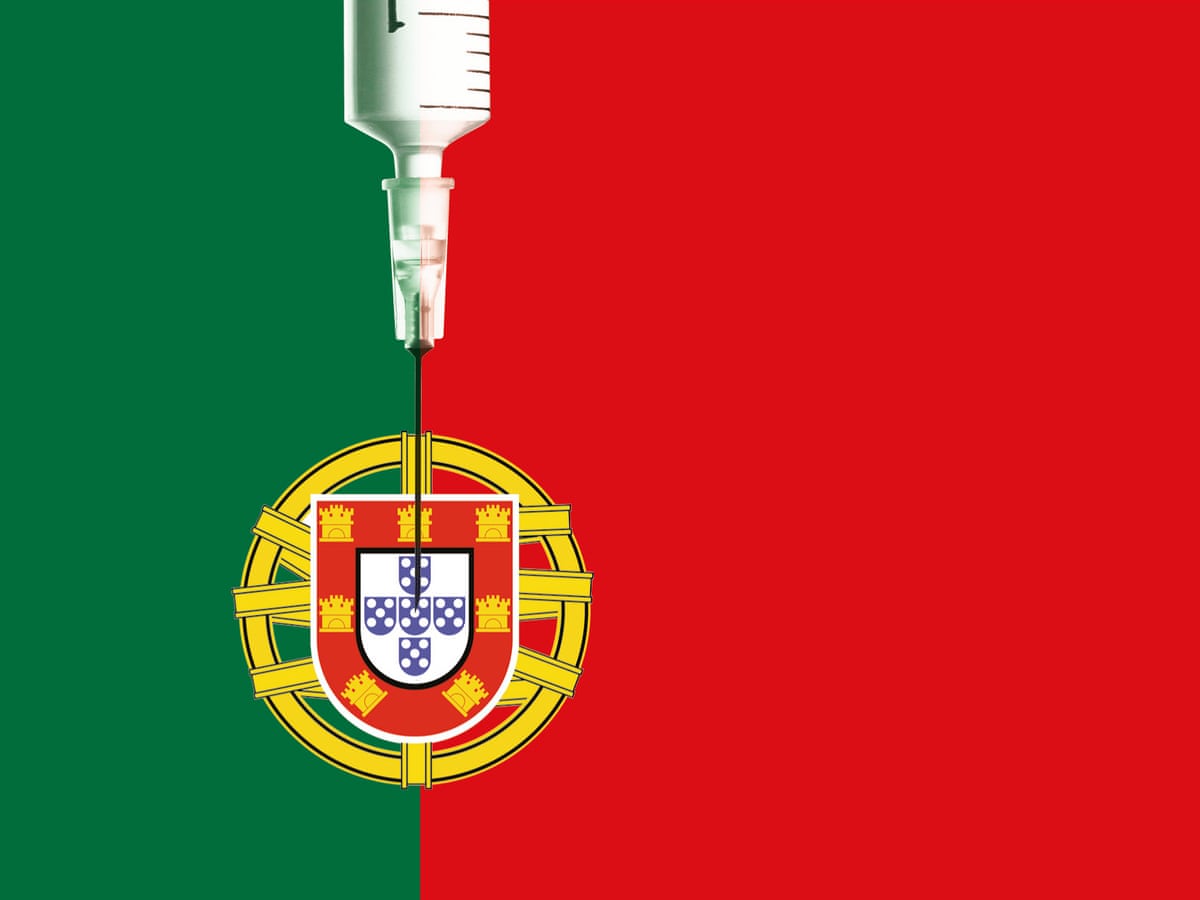Although this is the end of my Civic Issues blog, this is not the end for the problematic drug policies that the United States continues to implement and enforce today. In 2021, about 61.2 million Americans ages 12 and older used an illicit drug in the past year, and over 9.2 million people of that same demographic misused opioids. While I very evidently have a certain view of drug policy in the United States, the statistics talk for themselves.
Drug policy is such a broad and interesting topic. Not only that, but it is also extremely infuriating. Oftentimes, drug policy is a topic I gravitate towards, and it is one that I always learn more about. Personally, I started learning about the opioid epidemic a few years ago, but I had not come across the Sackler family until maybe a few months ago. I try to keep up to date on drug policy, and it was shocking to me that that was a detail that I was completely ignorant to up until late 2022. I also realized that many others are probably also ignorant to not only the Sackler family, but much of the background of today’s drug use problems in general.
It is important to learn about these problems because it often gives people a newfound sympathy for drug addicts. I can talk about how bad American drug policy is all I want, but the real goal is to help these people. Yes, drug use is often a choice. Drug addiction, though, is not. No one uses drugs with the goal to be so dependent on it that they will be sick if they don’t use it. No one uses drugs with the goal to eventually hate using it, but having to anyways just to feel normal. No one uses drugs with the goal of developing a problem. While many say its not their job to help these people because they chose to do the drug, that is just an utter lack of humanity. It’s really upsetting because drug addicts are people just like you and me. Education often spawns humanity, and it can decrease this sort of thinking.
That being said, if you want to learn more about the effect of drugs on people, I have some great resources. Dopesick Nation is a great program put out by VICE that is free to watch on YouTube; it follows to recovering addicts, Allie and Frankie, as they help pull other addicts out of their addiction. It is really interesting, b ut often gets heavy, so watch at your own discretion. It deals with overdose, prostitution, and more, and it is a great show to watch to see the realities of addiction.
ut often gets heavy, so watch at your own discretion. It deals with overdose, prostitution, and more, and it is a great show to watch to see the realities of addiction.
I encourage everyone to learn a bit more on the topic because it is extremely relevant in our society today. Things need to change, but they won’t until more people realize what’s wrong.
 That being said, I think everyone can learn a lot about themselves when learning about different philosophies. Your outlook on life, opinion on our ability to make choices, or your thoughts of human existence are all something that philosophies explore; different philosophies speak to different ideals, and it is really interesting to be able to put a name to a school of thought that oftentimes feels so personal.
That being said, I think everyone can learn a lot about themselves when learning about different philosophies. Your outlook on life, opinion on our ability to make choices, or your thoughts of human existence are all something that philosophies explore; different philosophies speak to different ideals, and it is really interesting to be able to put a name to a school of thought that oftentimes feels so personal. PAYMENTS OF $25)!
PAYMENTS OF $25)! The book I chose was Harm Reduction: National and International Perspectives. Each chapter tackles a different facet of harm reduction; whether it’s about the history, the different forms of it, or the different countries that have had harm reduction policy movements. From the very basics of the idea to the complexities of different policies that have worked or failed, it covers it all. Each chapter is written by a different person or set of people; depending on the topic, the authors are experienced clinical researchers that have researched drug abuse in the past, or well-versed sociologists that have studies the societal impacts of drug abuse. It’ll be a great book for being to explore the different pillars of harm reduction all in one place.
The book I chose was Harm Reduction: National and International Perspectives. Each chapter tackles a different facet of harm reduction; whether it’s about the history, the different forms of it, or the different countries that have had harm reduction policy movements. From the very basics of the idea to the complexities of different policies that have worked or failed, it covers it all. Each chapter is written by a different person or set of people; depending on the topic, the authors are experienced clinical researchers that have researched drug abuse in the past, or well-versed sociologists that have studies the societal impacts of drug abuse. It’ll be a great book for being to explore the different pillars of harm reduction all in one place. As OxyContin became more commonly prescribed, cases of addiction became apparent. Instead of admitting that the drug is addictive, Purdue simply blamed users for misusing it. On top of that, Purdue constantly wanted to expand their market, so they started pay people off all throughout the supply chain. Distributors were given rebates, pharmacists were given refunds, and patients were even given coupons. Most importantly, though, Purdue began paying off doctors. They were, after all, the people that citizens went to in order to receive recommendations or prescriptions for the different medications they had to take. Between 1996 and 2001, OxyContin prescriptions grew from 300,000 to almost 6 million in the U.S. alone. By 2001, OxyContin sales had passed $1 billion annually.
As OxyContin became more commonly prescribed, cases of addiction became apparent. Instead of admitting that the drug is addictive, Purdue simply blamed users for misusing it. On top of that, Purdue constantly wanted to expand their market, so they started pay people off all throughout the supply chain. Distributors were given rebates, pharmacists were given refunds, and patients were even given coupons. Most importantly, though, Purdue began paying off doctors. They were, after all, the people that citizens went to in order to receive recommendations or prescriptions for the different medications they had to take. Between 1996 and 2001, OxyContin prescriptions grew from 300,000 to almost 6 million in the U.S. alone. By 2001, OxyContin sales had passed $1 billion annually. While Purdue was doing well for itself for a long time, they would keep pushing the limits that eventually led to their now multiple multimillion- and multibillion-dollar settlements and lawsuits. People began complaining that OxyContin’s promised 12-hour long effect were wearing off within 8 hours. Hearing this, Purdue could’ve done one of two things: increase the frequency of the opioid dosage, or increase the dosage itself. If they chose the latter, it would increase peoples’ risk of become addicted to the drug. What did Purdue end up doing, exactly? Choosing the latter. Opioid addiction increased rapidly.
While Purdue was doing well for itself for a long time, they would keep pushing the limits that eventually led to their now multiple multimillion- and multibillion-dollar settlements and lawsuits. People began complaining that OxyContin’s promised 12-hour long effect were wearing off within 8 hours. Hearing this, Purdue could’ve done one of two things: increase the frequency of the opioid dosage, or increase the dosage itself. If they chose the latter, it would increase peoples’ risk of become addicted to the drug. What did Purdue end up doing, exactly? Choosing the latter. Opioid addiction increased rapidly. Camus argued that there are simply 3 ways to deal with the absurdity of life: suicide, faith, and acceptance. Suicide and faith, though, are irrational escapes to absurdity. On one hand, suicide removes the physical form of absurdity that is human life (which in turn means the absurd cannot exist), while on the other hand faith simply defies rationality. That leaves us with one plausible way to deal with absurdity: acceptance. The sooner we accept that life has no absolute meaning, the sooner you can be free and really start to live your life. It also allows us to attach our own meaning to our lives, and realize that the meaning of our life is different than that of somebody else’s. For example, while many of us may think we need to get a certain, high paying job, or have “X” number of kids in order for our lives to have meaning, we have to remember that meaning is individual; no one is really watching us and we are free to choose how our lives will be at any point in time.
Camus argued that there are simply 3 ways to deal with the absurdity of life: suicide, faith, and acceptance. Suicide and faith, though, are irrational escapes to absurdity. On one hand, suicide removes the physical form of absurdity that is human life (which in turn means the absurd cannot exist), while on the other hand faith simply defies rationality. That leaves us with one plausible way to deal with absurdity: acceptance. The sooner we accept that life has no absolute meaning, the sooner you can be free and really start to live your life. It also allows us to attach our own meaning to our lives, and realize that the meaning of our life is different than that of somebody else’s. For example, while many of us may think we need to get a certain, high paying job, or have “X” number of kids in order for our lives to have meaning, we have to remember that meaning is individual; no one is really watching us and we are free to choose how our lives will be at any point in time. One of the articles makes an excellent point in saying that Hollywood is the exporter of culture. The things that are produced in Hollywood are able to be dispersed not only in the United States, but all over the world: “the influence that media has is a tremendously weighty responsibility and unfortunately, many of these studios have created harmful false narratives” (Washington 2019). In other words, Hollywood (aka American media in general) has not done a sufficient job with the responsibility it has been given.
One of the articles makes an excellent point in saying that Hollywood is the exporter of culture. The things that are produced in Hollywood are able to be dispersed not only in the United States, but all over the world: “the influence that media has is a tremendously weighty responsibility and unfortunately, many of these studios have created harmful false narratives” (Washington 2019). In other words, Hollywood (aka American media in general) has not done a sufficient job with the responsibility it has been given.
